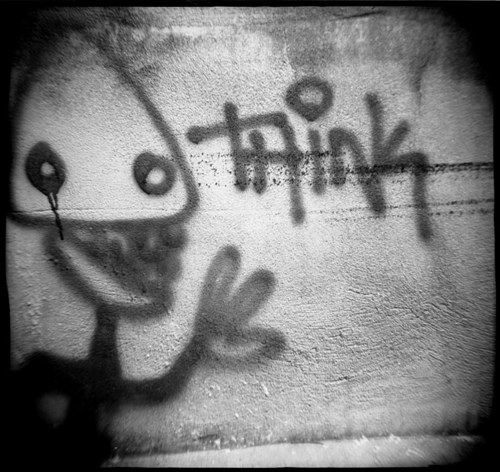How to think clearly
A friend of mine asked on FB
“What are your hacks for thinking more clearly and carefully?”
The following is my reply:
I do a bit of testing for this sort of stuff (mybodylab.org)

1) High protein breakfast (Eggs with Spinach and Complex Carb bread)
– Vege juice – lots of greens, in nuribullet or my juicer (Kale, Spinach, Carrot, Apple, Cucumber, Ginger, Cinammon, Cayenne pepper etc – mainly green veges, and then small amount of the sweeter fruits to make it barely palletable)
– SuperPump Max (a better stimulant than caffeine, steadier energy and helps with mental focus)
– Multivitamin
2) Good 30 min walk / run
3) Meditation for 15 mins
4) Organise my time using GTD methods
(lists all tasks / organised / sequenced / booked)
5) Monotasking
(eg one task at a time, firewall time with no calls / interuptions)
6) Email catchup in batches – I use emailga.me and that saves about 40 mins / day
7) During the day I load StayFocusd 1.5.7 to eliminate FB / Twitter /
8) I use during the day Pomodoro technique (focussed work sprints on certain tasks for no more than 22 mins with a timer and singular task)
9) Microbreaks – 2-3 min dancing or skipping or quick drink of water
10) Water – I drink heaps like 4-5 litres per day through the day improves clarity of thought massively
11) Breaks every 2-3 hours – really important
12) Good quality relaxation, good quality dinner (veges and good quality meat)
13) Good quality sleep
For general focus and thinking clearly
One item that is important is I find listing off the things that are stressing me out, and acting on a specific plan for each item – as if I dont get it off my mind, the stress / cortisol will move my thinking into a more binary / reactionary thinking process (high adrenalin).
Note that Caffeine does cause this style of hyped up thinking, so will be more inclined to jump to a solution or flee (eg both stress and caffeine cause fight / flight thinking). So this will be more inclined to be more risk averse, and more likely to jump to a conclusion.
Thinking deeper, I find a couple of studies which influence my approach to this – I find a more relaxed mode (eg after meditation, or hypnosis) helpful. Exercise helps also. Then I focus on the raw data – most errors of decisions are due to a misunderstanding of the situation than an error of logic. The more time spend with the information, defining a clear problem statement, pausing decision for as long as possible and analyzing the data as deeply as possible (while reserving judgement).
Being acutely aware of all common human biases is a HUGE help (there is an app which lists them, but reading and re-reading these issues, to ensure that you are asking opposing questions, to deeply analyse your assumptions).
http://en.wikipedia.org/wiki/List_of_cognitive_biases
I find the works of Edward de Bono amazing. Working through the 6 thinking hats is massively effective.
One last study I loved was that the model of consciousness is that of the conscious mind works like a loud, obnoxious and opinionated person. Talking lots, and taking up thinking time. The subconsious in this model is like a wise, but introverted person, who needs space to process / think.
This study showed that spending around 5 mins clearly defining the problem, then doing a wordfinder / crossword (unrelated) for say 8-15 mins and then coming back to your problem. Then this will result in a much higher quality of output ideas.
When coding sometimes I will just go for a walk or go and “mull” for a bit, and then come back fresher. This stripes of little breaks does help my net output overall (eg 8 hours with micro breaks every 20 mins, and real breaks, results in more raw work output eg emails / reports written etc, than if I power through without breaks nor microbreaks.
Dunno if that helps, but those are the reports / studies which I have found which when tested made the biggest improvement to my mental performance.

